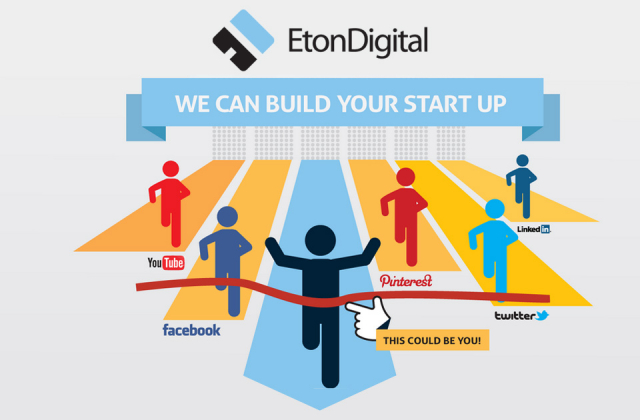There’s been some debate for a little while now about the possibilities of using free social networks for purposes of managing internal communications and activities.
So, the question is Enterprise Social Networking, OR having a custom-built tool for this purpose?
With that in mind, it might be handy to provide a quick and easy snapshot of the pros and cons of this idea, especially as ESN becomes essentials for businesses these days.
So, first of all, let’s start with the pros of using Facebook Groups to manage internal company communications:

*these are a little more obvious than the cons
#1 Low implementation cost
Since Facebook is free, the only implementation costs incurred would be in terms of training hours required to get everyone up to speed with the way you’d like the Groups features to be used within the company.
Again, since most of your employees are probably familiar with Facebook already the time required for this will be minimal.
#2 Stability
Let’s face it, while there’s no guarantee that Facebook won’t go down, the track record is pretty good. You won’t have to worry about outages lasting too long. Maybe perhaps an hour once every three or four months.
When an outage does occur, you know that it will soon be up and running again. That might not necessarily be the case if you’re running your own custom service.
#3 Integration of Business Social Networking and Enterprise Social Networking
Now, these two really shouldn’t be confused:
- BSN involves external networking with other companies, potential future clients and partners etc,
- ESN involves solely internal communication within your company.
While Facebook, as well as LinkedIn and a host of other networks, are great for BSN, it is debatable whether there are advantages to using the same tools also for ESN.
Perhaps if you have a lot of freelance staff and wish to avoid spending time getting them up on the internal ESN each time they do some work for you?).
#4 Access to Mobile Apps
Facebook has a great smartphone app which means employees could continue to use the Groups feature even when out of the office. That could be very handy if you have a very mobile workforce.
In the case of a custom-built ESN, you wouldn’t necessarily have this. It’s possible of course but would add the expense to the implementation and running costs).
Right, now onto some of the problems with using Facebook Groups for ESN:
Security
Nowhere is really 100% safe on Facebook, then you might want to think twice about using Groups for internal communication. Of course, if such activities would involve risking any sensitive or important private data.
Again, there’s no guarantee a custom-built, or off-the-shelf, specialised ESN software would be impregnable. Yet, you would have the advantage of at least being able to make it a priority and having control over it yourself.
Rather than simply hoping Facebook’s security engineers are up to the nigh on the impossible task of guarding against all breaches for such a vast system).
Efficiency
Many companies ban the use of social networking sites like Facebook for reasons of efficiency. Some say this actually stunts productivity, while others disagree; things are still a little inconclusive on that front.
However, bear in mind that using Groups in the workplace will also involve opening up access to the site for all your employees with some inevitable time going on simply socialising outside the work-related Groups use.

Confidentiality
Again, similar to the first point but not necessarily connected to hacking or security breaches. Using an open network like Facebook increases the chances that private or confidential material might end up accessible to others outside your company.
The principle of using Groups rather than just simply having everyone ‘friend’ each other is to avoid this. Still, it’s always possible that someone outside the company might accidentally join the group, or a message or link is sent to the wrong person etc.
This, for example, is the problem with using the same communications system for both BSN and ESN. The activity of networking externally inevitably requires some elements of PR and imaging – which might be harder to manage. Especially if every little detail about your internal comms can be public.
Suitability
Here, really is one of the key issues. Basically, Facebook groups aren’t designed to manage the internal comms of an entire company.
So, while it might be free, it’s also probably not going to be as good at providing what you expect out of it when compared with specific ESN tools.
Those can be tailored exactly to your organisation. Also, they can be adapted easily as that may change. Groups only change when Facebook decides, whether you like it or not.
Well, there you have it,
This was a quick intro to the pros and cons of using Facebook Groups for ESN. Though I dare say that most of the points would hold for whichever of the established non-ESN-specific networks you were considering.
Feel free to add your own thoughts below. I’m sure there are plenty more points which could go down in either column.


